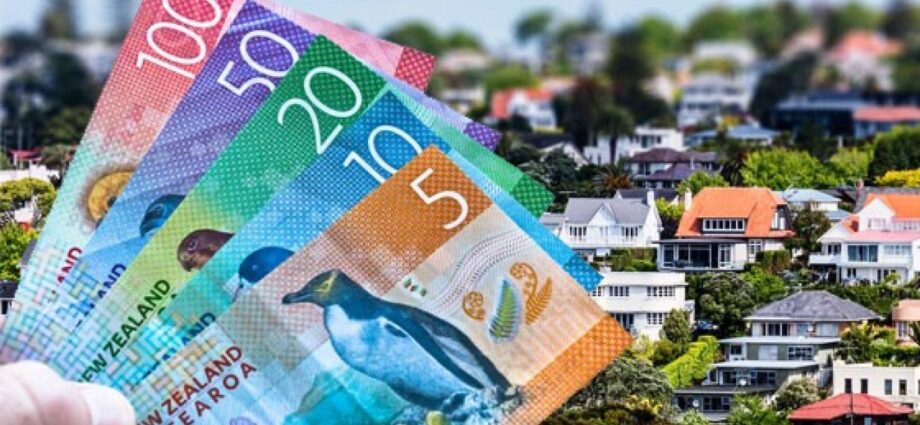PHOTO: FILE
New Zealand was once a homeowner’s dream, but now only 60 percent of households own their homes—a figure that is steadily declining, according to housing advocate Charles Waldegrave.
Waldegrave, coordinator of the Family Centre Social Policy Research Unit and a former member of the Welfare Expert Advisory Group, recently authored a report for the Waitangi Tribunal on Māori home ownership. He says New Zealand now has some of the least affordable housing in the OECD and is experiencing a “collapse of tenure.”
Waldegrave explained to RNZ Nights that until the early 1990s, there was bipartisan support for homeownership and secure social housing. “Governments provided security by ensuring people could get into houses and pay for them over their lifetime,” he said. Additionally, state houses were available for life, providing a safety net for those who couldn’t manage homeownership.
However, both these conditions have now been removed. The capitalisation of the family benefit, which once served as a deposit for a home, was one of the subsidies supporting homeownership. “In the 1960s, this benefit was equivalent to a third of the average house price in New Zealand,” Waldegrave noted. Various subsidies continued until the 1980s, despite economic challenges like Britain’s entry into the EU and two oil shocks.
During that period, homeownership peaked at 75 percent, with houses typically costing about three times the annual salary. Today, average house prices in the $800,000 range have made this ratio “out of control,” Waldegrave said. “Australia and New Zealand have the highest ratio of income to house prices, making housing severely unaffordable.”
This has led to a “collapse of tenure,” pushing more people into the private rental market, where high demand and insufficient supply drive up prices. This, in turn, forces more people into state housing or emergency housing.
Waldegrave suggests solutions like rent-to-buy schemes and shared equity to stabilize homeownership and increase security for people. “Shared equity allows people to afford a portion of a home while the government covers the rest. When sold, both parties share the improved equity,” he explained.
By 1991, Māori homeownership was approaching parity, but neoliberal reforms disrupted this progress, leading to the current housing crisis. New Zealand is now facing increased inequality of assets in addition to income inequality. “For poor people, the primary way to gain assets is through housing. We’re creating a divide between those with assets and those without, which is a significant cause of poverty,” Waldegrave warned.
SOURCE: RNZ















